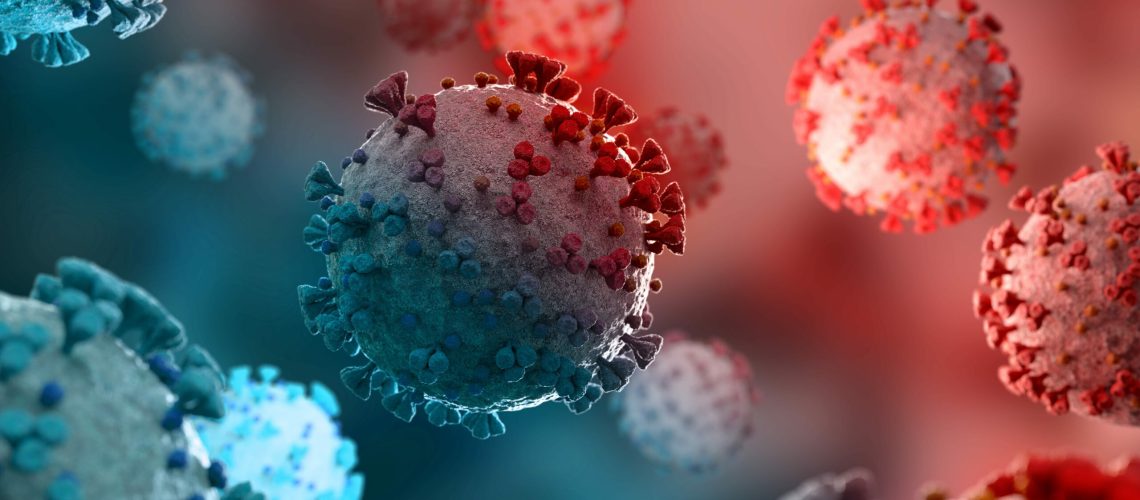Call Ahead Care Line: (281) 783-8162

Blog written by: Elvin Aydin Keles, PhD.
We all have preconceived notions of what happiness is, or how sadness are experienced. Some people say “I don’t do feelings!” and go on living by doing. Some live in their minds and reflect on things to the point that they never just get to do it. This is to say, humans have three modes of existence: feeling, thinking and behaviour. Different cultures have different ways of experiencing life. Imagine Sir Isaac Newton sitting under that tree sometime in the 17th century, watching an apple fall from a tree, and him going “hmm, hang on..”, wondering why the apple fell for years and finally coming up with the gravitational theory that is based on pure reflection. Now imagine an American scholar sitting under the same tree. They would probably be going “wait a minute, we need to do something about all these apples falling from the trees” and then would probably go on to create a sophisticated machine for apple picking! This is because most Americans tend to channel their emotional and thinking energies into doing and therefore greatly value productivity and efficiency.
The problem is now that we are stuck at home, we are limited in our options for doing. What happens as a result is that – we don’t know. Because we need to use that pent-up energy in ways that are more related to feelings or reflecting as opposed to doing (ie. Going to the gym, to work, grocery store, that work related trip, meetings, volunteer activities, church, school…) and you may not know how to.
The internet is full of useless clichés that go something like this: “Erm, stay away from the social media, eat healthy and be well.” Gee, thanks! How did I not think about that?
The reason why we don’t do feelings is because they feel messy and scary. Reflecting on the other hand, feels like – why bother? Is it really? Isn’t it precisely what makes us then living “mindlessly”. When we cannot “do” something about the things that make us feel uncomfortable, what are we going to do?
Professor Ellen Langer is a Harvard psychologist, who makes the most useful distinction between mindlessness and mindfulness that I have heard so far. She calls mindlessness a state of not paying attention to the stimulus in our environment whilst not being aware that we don’t do so. A good example is getting into a car to drive to work and finding yourself at work without realizing that you did not pay attention to your surroundings whilst you were driving because you were so busy thinking about stuff in your head. Mindfulness on the other hand, is about noticing. Noticing that new billboard on the highway, noticing that the sky is particularly cloudy that day, noticing the feel of the steering wheel when you are driving, and so on. She says when you are living mindlessly, you need constant stimulation because otherwise everything feels the same. But if you live mindfully, everything has a different feel almost every time you encounter them. This makes us notice even the minute differences in ourselves and others, as well as the things in nature and surroundings, which leads to the ultimate state of existence for humans – awareness. Through awareness comes spontaneity, and through spontaneity comes emotional intimacy. Dr. Eric Berne – the creator of Transactional Analysis claimed that the ultimate goal in human living was autonomy – which he argued, can be achieved “by the release or recovery of three capacities: awareness, spontaneity and intimacy”.
What I am suggesting may be hard to do on our own as we, human beings, tend to find our Self only in the eye of another. If you are lucky you may have that mate that you can talk to, even in the Covid-19 days. If not, thanks to virtual technologies, there are many options to reach out to a mental health professional to start the process of achieving autonomy. There is no better time than now.
To watch a great talk by Professor Ellen Langer on living mindfully – click here:
We improve our services by using Microsoft Clarity to see how users interact with our website. By using our site, you agree that we and Microsoft can collect and use this data.